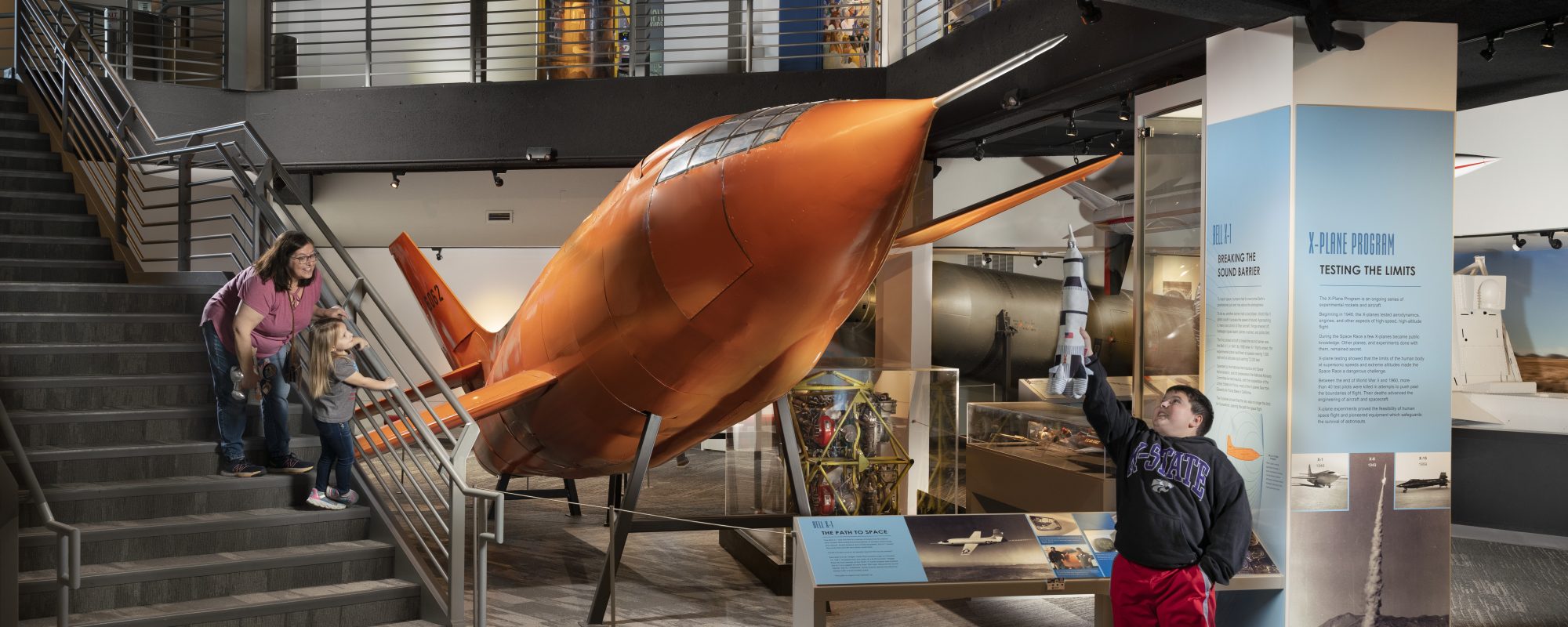Join the Cosmosphere To View the Mercury Transit From 8 A.M. To 10 A.M., May 9th in the South Parking Lot
The sky delivers a great show this month with planets congregating in the evening sky and a rare transit of Mercury across the sun.
As darkness falls, the mighty Jupiter is well positioned for viewing, high in the south. The giant world’s intense brightness easily gives away its location. Jupiter is tucked beneath the hind legs of Leo the Lion. Look for the constellation’s signature backwards question mark star formation above and to the right of Jupiter.
At month’s onset, Mars rises in the southeast around 10:30 p.m. By May 22, our red neighbor rises at sunset. On this day, Mars is at opposition, forming a direct line with Earth and the sun. This marks Mars’ closest approach with Earth which happens every two years. Mars also shines at its brightest at opposition, making for some great spring and summer observing.
Following not far behind Mars is Saturn. The ringed world rises in the southeast about an hour after Mars. Saturn is scheduled for its own opposition early next month, meaning it too will be good and bright. By month’s end both Mars and Saturn shine brightly in the southeast at dusk. By reaching opposition only two weeks apart, these two worlds are primed to dazzle planetary observers this summer.
The planetary highlight of this month comes on May 9 when Mercury transits the sun. This means that Mercury crosses directly in front of the sun’s face as the little world transitions between the evening and morning sky. In a solar-filtered telescope, Mercury will appear as a tiny black disc against the face of our star. The last time this rare event occurred was in 2006. Seeing a planetary transit requires a telescope with a solar filter. One should never view the sun with a telescope or a pair of binoculars without a proper solar filter.
The transit occurs from around 6 a.m. to 2 p.m., Central Daylight Time. Weather permitting; the Cosmosphere will host a free public observing of the Mercury transit in the south parking lot from 8 a.m. to 10 a.m. on May 9.
We hope to see you there!
Photo Credit: NationalGeographic.com



